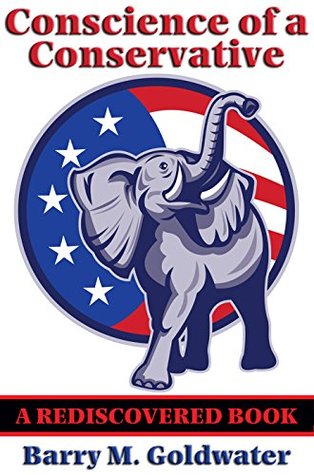In the case that upheld the second AAA, Wickard v. Filburn, (1942), a farmer had been fined for planting 23 acres of wheat, instead of the eleven acres the government had allotted him—notwithstanding that the “excess” wheat had been consumed on his own farm. Now how in the world, the farmer wanted to know, can it be said that the wheat I feed my own stock is in interstate commerce? That’s easy, the Court said. If you had not used your own wheat for feed, you might have bought feed from someone else, and that purchase might have affected the price of wheat that was transported in interstate
...more
Sadly, this case and so many others, are based upon a fictitious ideology of “facts not in evidence.” A court ruling is to be based upon the facts and the law. Here, the law does not fit the case as intent is not established &:. The facts do not support the prosecution of the case itself.


